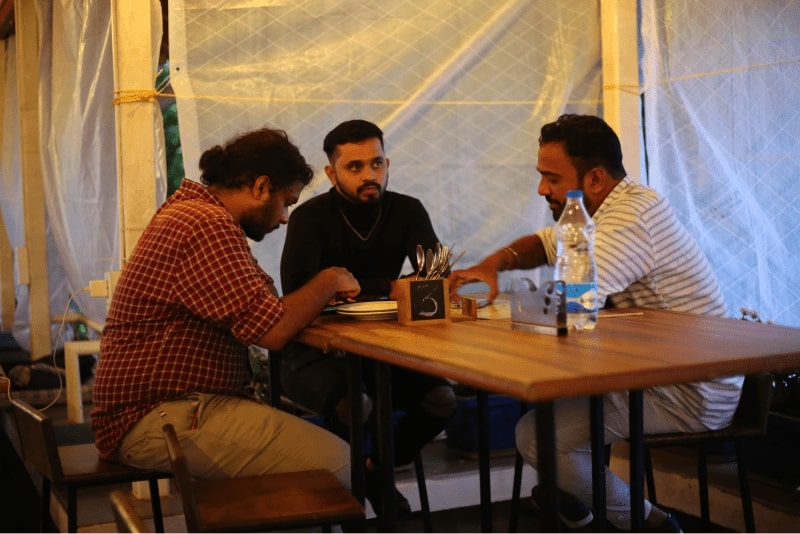
Although the right to marry a person of one's choice is not explicitly mentioned in the
Constitution, the Indian judiciary has recognized and upheld this right through various judgments.
One such case was the Supreme Court decision in Lata Singh v. U.P. (2006). In this case, the woman
was married to a man of a caste different from hers. The Supreme Court ruled that since the woman
was a Major (over 18), she was free to choose whom she would marry. The Supreme Court has repeatedly
recognized the right to marry anyone of one's choice as part of the fundamental rights under Article
21. Article 21 of the Indian Constitution “Choice of Marriage”. In this case, the victim was a
tribal woman who married a man from another community. The case took a chilling turn when a village
dispute resolution forum called Salishi Sabha decided to punish her by ordering her to pay a large
sum of rupees. Her fine of 50,000 was imposed on her, but when she failed to do so, the House of
Commons ordered a man to rape her. Court found the men involved guilty of rape
In Shakti Vahini vs. Union of India (2018), the Supreme Court held that the decision of two adults
to marry each other was an example of exercising the freedoms granted to them under Articles 19 and
21 of the Constitution. decided firmly that it was. Shafin Jahan vs. K.M. Asokan (2018) (commonly
known as “Hadiya Case”) is a Hindu girl who converted to Islam without undue influence or coercion
and later married a Muslim man. Her father filed a lawsuit to annul their marriage. The Supreme
Court restored her marriage that had been annulled by a lower court, allowing her the option to
marry anyone of her choosing. This judgment was based on Judge K.S. Puttaswamy (Retd) vs. Union of
India (2018), As part of Article 21 of the Indian Constitution, she recognized the right to marry
anyone of her choosing. Justice Chandrachud said the judiciary should look beyond sexual orientation
and consider wider issues of sexuality, including cohabitation and marriage. In the above cases, the
Supreme Court has repeatedly recognized the right to marry a person of one's choice as part of the
fundamental rights under Article 21. Although the courts have not made such observations in the
specific situation of same-sex couples, the case in the Delhi High Court shows that the judiciary
faces the situation and that the fundamental right to freedom of marriage extends to same-sex
couples. provide an opportunity to clarify sex couple